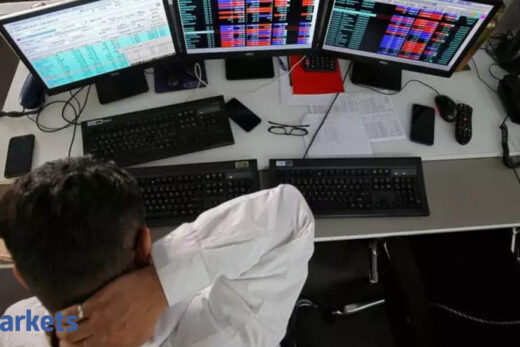The blue-chip CSI300 index fell 0.4 per cent to 4,890.69, while the Shanghai Composite Index lost 0.1 per cent to 3,544.48.
Shares in consumer staples, tourism and transport dropped between 0.8 per cent and 2.9 per cent.
Activity in China’s services sector grew at a slower pace in October as the country combats small-scale COVID-19 outbreaks hitting mainly the north.
“The non-manufacturing PMI could drop much further in November, as Beijing may significantly tighten travel restrictions in coming weeks, in order to contain the current wave ahead of the upcoming Spring Festival travel rush,” Nomura analysts said.
Separately, China’s factory activity contracted more than expected in October, hurt by persistently high raw material prices and softer domestic demand.
Real estate firms declined for a sixth session and finished down 1.6 per cent, as a recent planned pilot real-estate tax scheme dented risk appetite in the sector.
Although banks have been requested by Beijing to avoid overly severe property curbs, Nomura said “it’s still fine-tuning, not outright easing” and the brokerage expected “the environment may continue to decline for the property sector”.
A sub-index tracking defence stocks gained 1.8 per cent as tensions around Taiwan issues intensified.
U.S. Secretary of State Antony Blinken and Chinese Foreign Minister Wang Yi locked horns over Taiwan on the sidelines of a Group of 20 summit on Sunday, trading warnings against moves that could further escalate tensions across the Taiwan Strait.
Banks added 1.1 per cent after China’s top banks saw third-quarter profits jump more than 10 per cent as bad loans held steady.
The information technology sub-index finished up 2 per cent.



